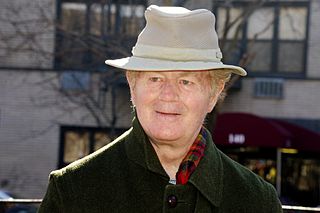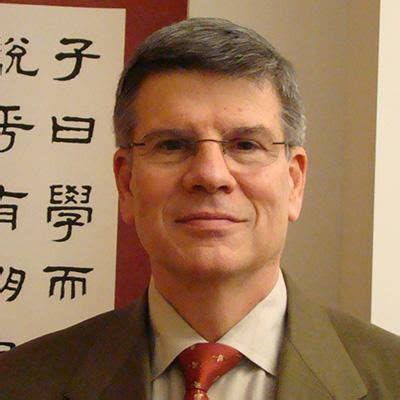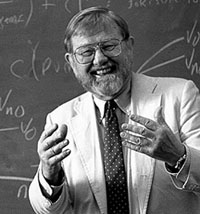A Quote by Jacob Weisberg
Because conscription appeals to essentially no one, the United States has lived with the All-Volunteer Force since the end of the Vietnam War.
Related Quotes
Every book that comes out, every article that comes out, talks about how - while it may have been a "mistake" or an "unwise effort" - the United States was defending South Vietnam from North Vietnamese aggression. And they portray those who opposed the war as apologists for North Vietnam. That's standard to say. The purpose is obvious: to obscure the fact that the United States did attack South Vietnam and the major war was fought against South Vietnam.
Most of us who were opposed to the war, especially in the early '60's - the war we were opposed to was the war on South Vietnam which destroyed South Vietnam's rural society. The South was devastated. But now anyone who opposed this atrocity is regarded as having defended North Vietnam. And that's part of the effort to present the war as if it were a war between South Vietnam and North Vietnam with the United States helping the South. Of course it's fabrication. But it's "official truth" now.
I also think there are prices too high to pay to save the United States. Conscription is one of them. Conscription is slavery, and I don't think that any people or nation has a right to save itself at the price of slavery for anyone, no matter what name it is called. We have had the draft for twenty years now; I think this is shameful. If a country can't save itself through the volunteer service of its own free people, then I say: Let the damned thing go down the drain!
It has been said that the United States was deceived into entering and expanding the Vietnam War by its own overoptimistic propaganda. The record suggests, however, that the policy-makers stayed in Vietnam not so much because of overly optimistic hopes of winning ... as because of overly pessimistic assessments of the consequences of losing.
The threat of mutually assured destruction worked for the United States during the Cold War because it had proved its willingness to drop nuclear bombs on enemy cities at the end of World War II. It might work less well for Israel, because the Israeli Air Force has never deliberately targeted a large civilian population center, and its leaders have said its morality would not permit it do so.
The U.S. directed the war against South Vietnam. There was a political settlement in 1954. But in the late '50's the United States organized an internal repression in South Vietnam, not using its troops, but using the local apparatus it was constructing. This was a very significant and very effective campaign of violence and terrorism against the Vietminh - which was the communist-led nationalist force that fought the French. And the Vietminh at that time was adhering to the Geneva Accords, hoping that the political settlement would work out in South Vietnam.
Indeed, often because of the size and weight in the world of our neighbor, we in Canada often define ourselves in contrast to American positions on things like Cuba, the Vietnam War and nuclear disarmament. Historically, Canada has not always been aligned with the United States. It doesn't necessarily serve anyone's interests - Canadian or American - to be seen as an extension of the United States.
The cry of "Make America Great Again" reflects accurately that, after the fall of the Soviet Union, the sole superpower status of the United States is coming to an end. For the first time since the second World War, we are not the sole dominant economy in the world. In large part this is because of the success of policies followed by the United States to create an environment, a peaceful period in history in which economies could grow and countries could benefit.
Wicksell's old-fashioned liberalism is reminiscent of John Maynard Keynes' attitude toward conscription during World War I. Keynes opposed conscription, but he was not a pacifist. He opposed conscription because it deprived the citizen of the right to decide for himself whether or not to join in the fight. Keynes was exempt as a civil servant from conscription; so there is no need to question his sincerity. Apparently his belief in the rights of the individual against a majority of his compatriots was very strong indeed.































